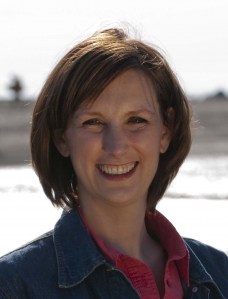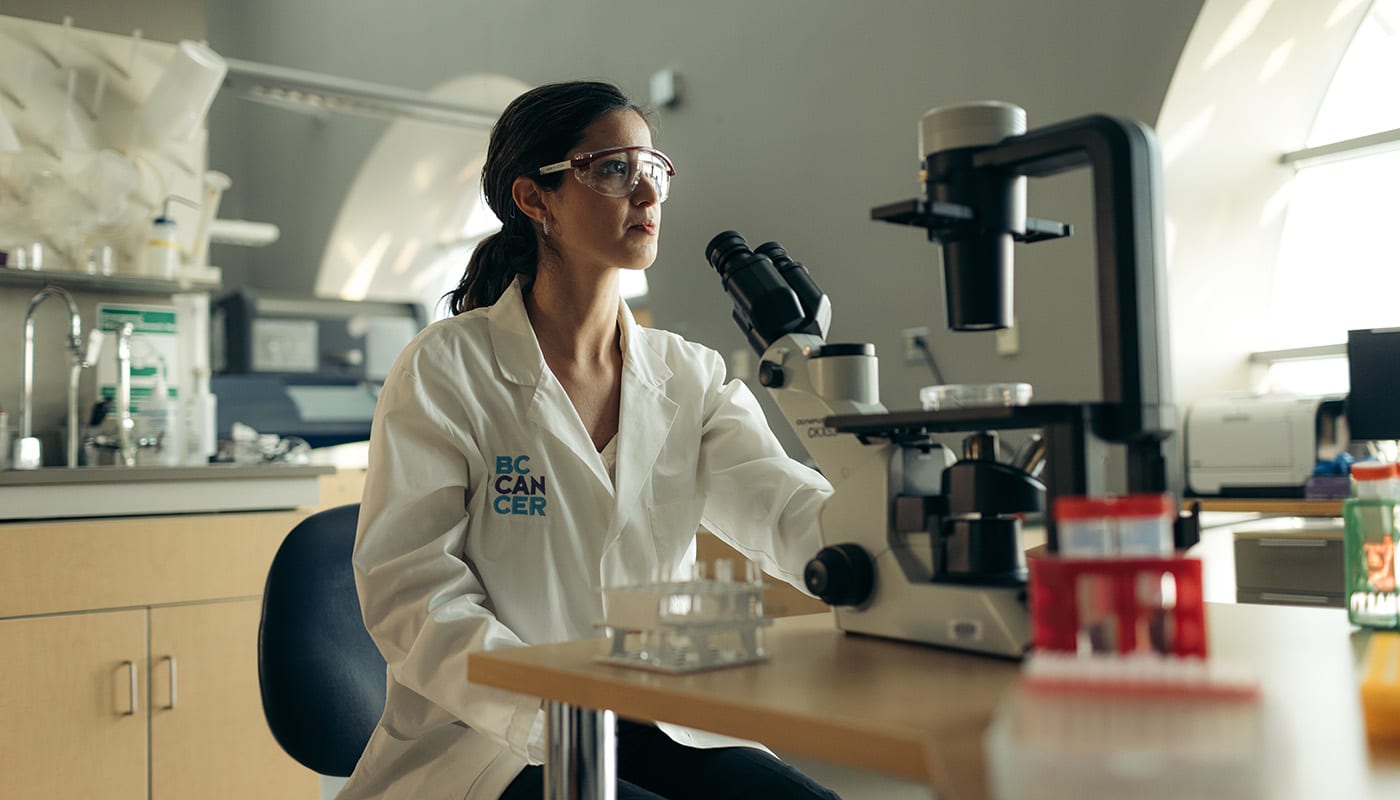In memory of Anita Cochrane.
What is life? Almost 70 years ago, Nobel prize-winning physicist Erwin Schrodinger asked that question in an essay. His short book provoked a large number of physicists and chemists to move into the field of biology, thus sparking the revolution in science that came from the discovery of the genetic code.
In 1953, a profound moment of discovery in human history occurred when we learned how the information for life is encoded — in the sequence of DNA chains inside the cells that make up all living organisms.
We know that cancer starts at the cellular level — mutations happen in the DNA of human tissue cells. The seeds of cancer are found in the genomes of our tissues.
In the last two years, there have been numerous discoveries and a giant leap forward in our ability to decode genomes has occurred. New processes allow us to sequence the genomes of cells for 50,000 times less than previous costs and in a matter of days instead of weeks or months. The race is on to develop the technologies to a point where the sequence of your genome or mine would cost only $1,000.
I never imagined I would witness this in my professional lifetime, let alone be engaged in it.
 Anita Cochrane (1971-2010)
Anita Cochrane (1971-2010)
We can look forward to an avalanche of discovery in cancer over the next few years resulting from these new approaches. We will get many surprises and a lot of new knowledge. Some problems will still be hard to solve, but there are clear reasons for hope.
Cancer is a difficult scientific problem, which is gradually yielding to sustained research. But for our patients living with cancer, it’s not yielding soon enough.
Lest we forget, or become even the slightest bit complacent about how clever we think we are and how much we are learning, we should remember that our hard-won knowledge still fails far too many.
Breast cancer is still not a fully solved problem. I was painfully reminded of this fact when I attended a celebration for the life of Anita Cochrane on a sunny autumn day in Vancouver this past Saturday.
Anita was a courageous young woman who tragically succumbed to metastatic breast cancer after an eight year battle, a few months shy of her 40th birthday.
I first met her four years ago when she came to speak as a patient at a BC Cancer Agency research announcement.
Anita radiated grace, dignity and selflessness on every occasion. Her infectious hope for the future was spellbinding. Battle-hardened politicians and journalists alike all had tears in their eyes as she described her journey with cancer and her excitement and hope at the discoveries being made through research. Her words spoke plain truths that moved everyone.
I will miss her infectious optimism, radiant smile and the gentle admonishment to “Get back to the hard work, Dr. Sam,” at the end of each event she attended.
But in the end, our current state of knowledge was not powerful enough to help Anita find more life and we are all the poorer as a result.
Anita was, and will always be, an inspiration to all who knew her. So, if ever there was a better reminder, it’s time to stop writing this post and get back to finding answers to the hard problems that started with that hard question “What is life?”
For patients living with cancer, discovery can’t wait.
Sam


